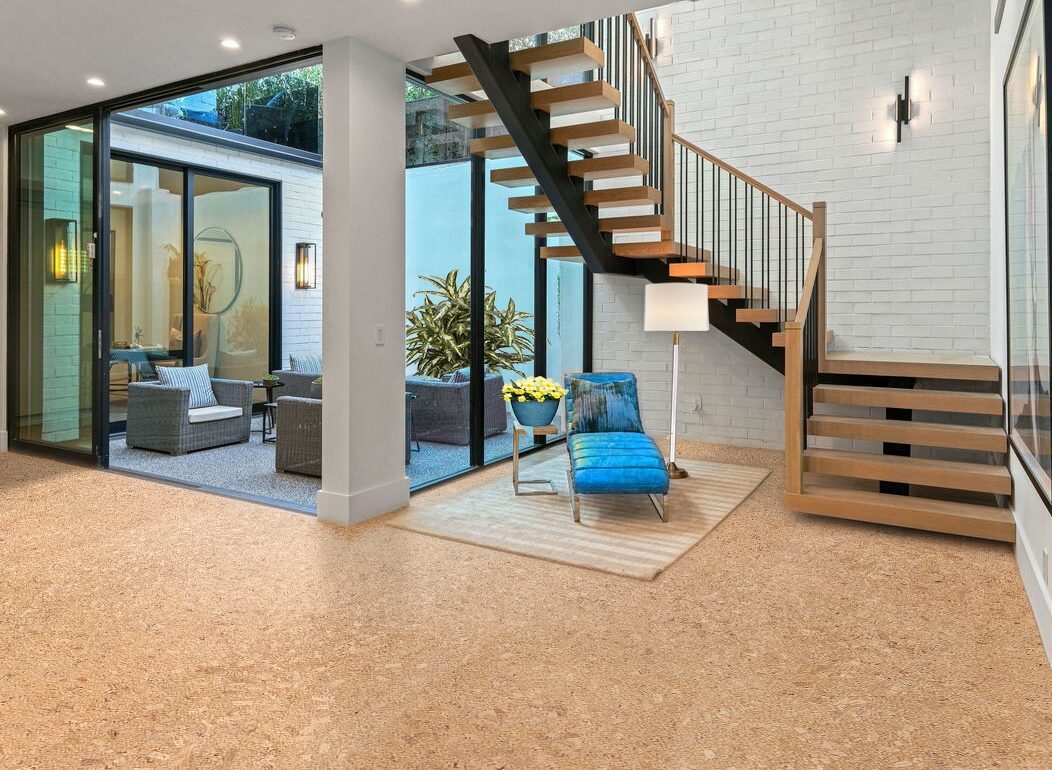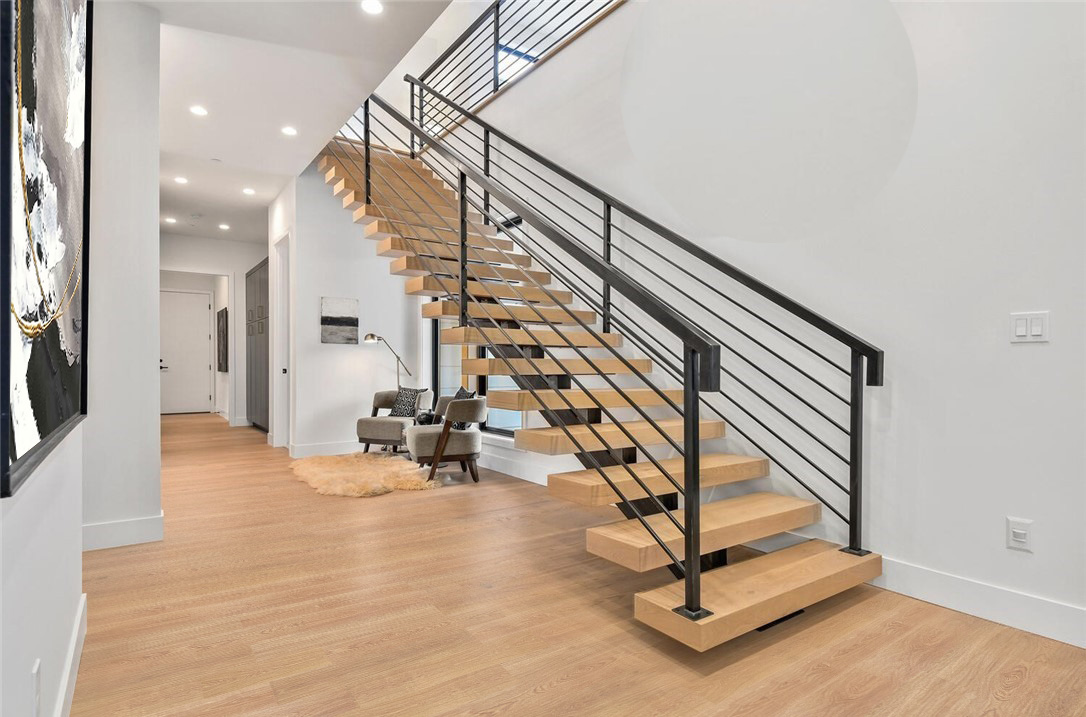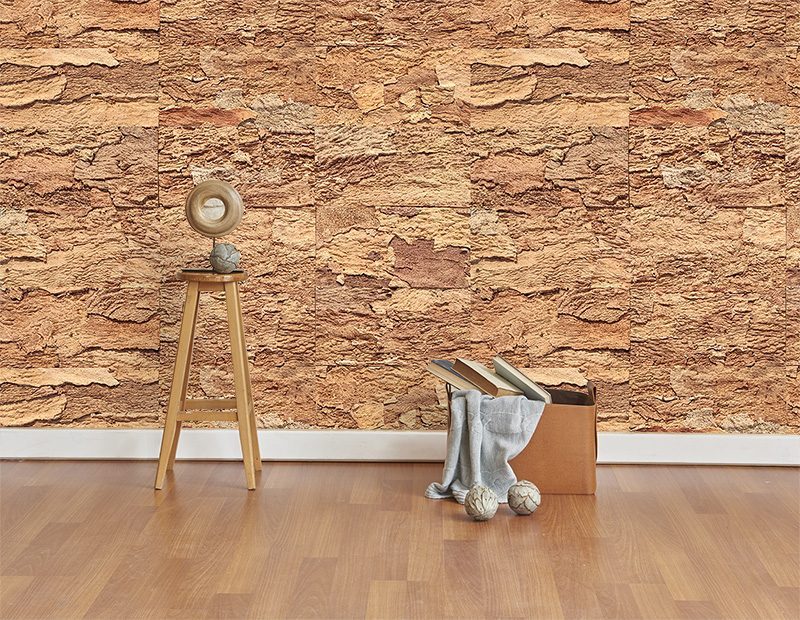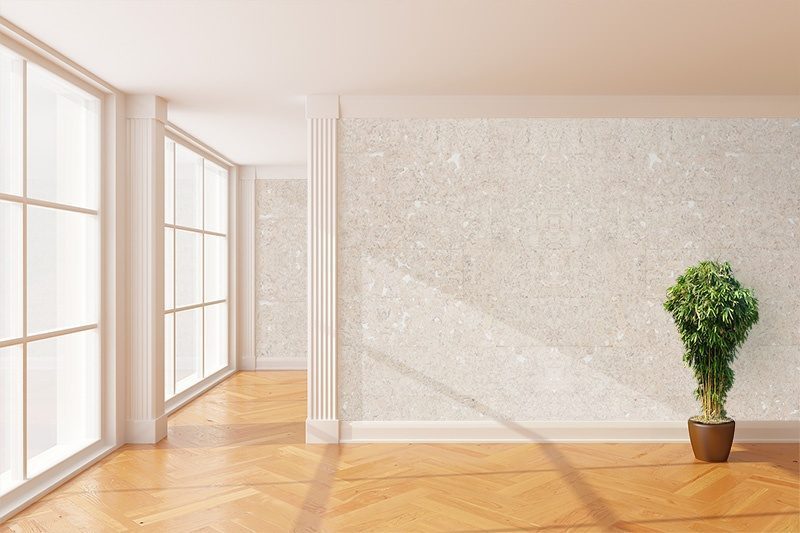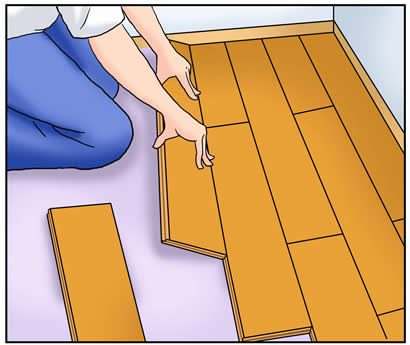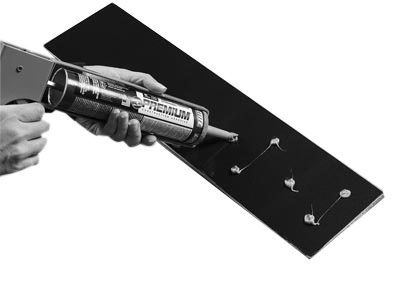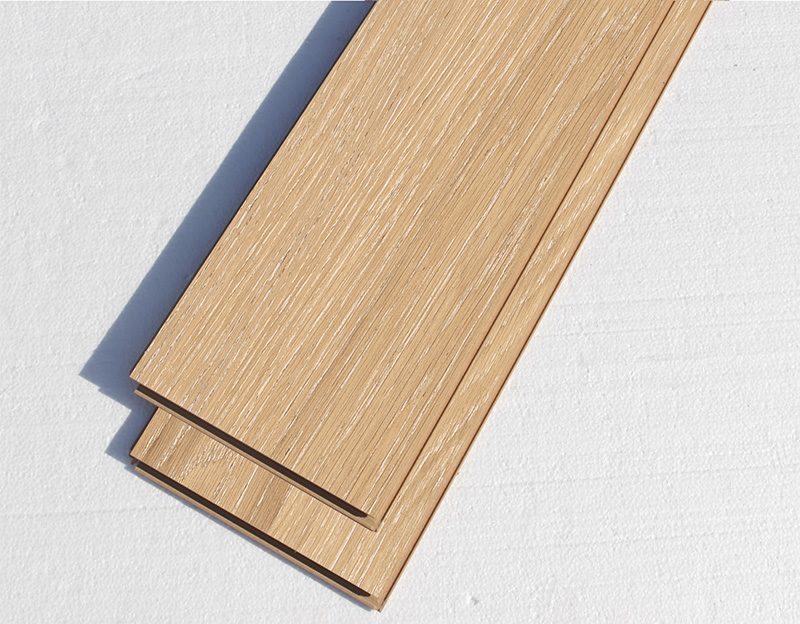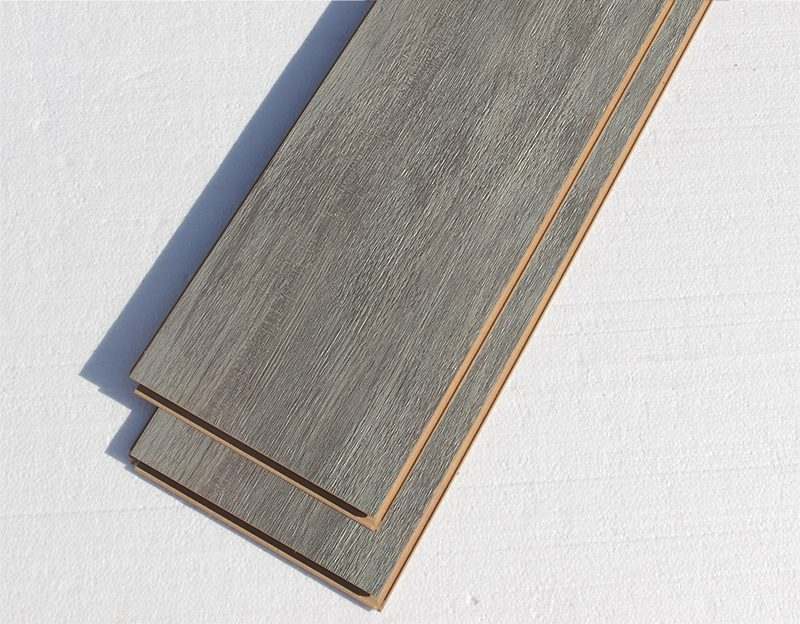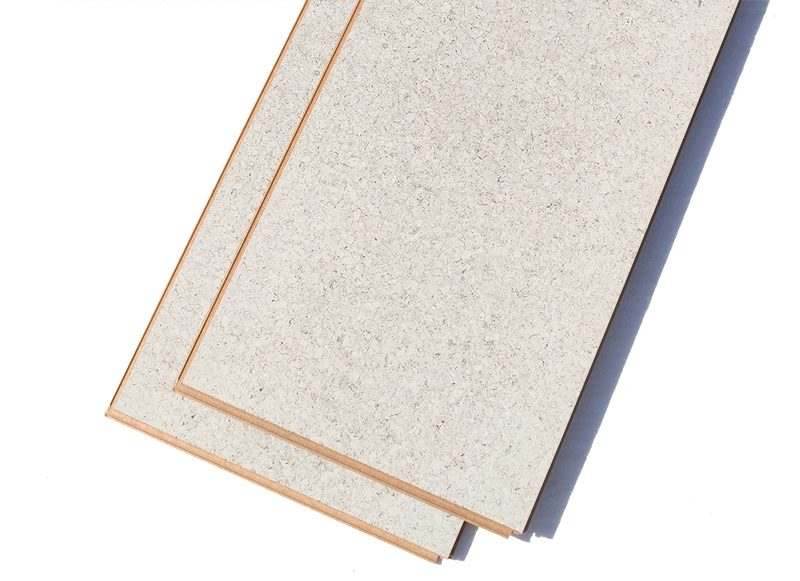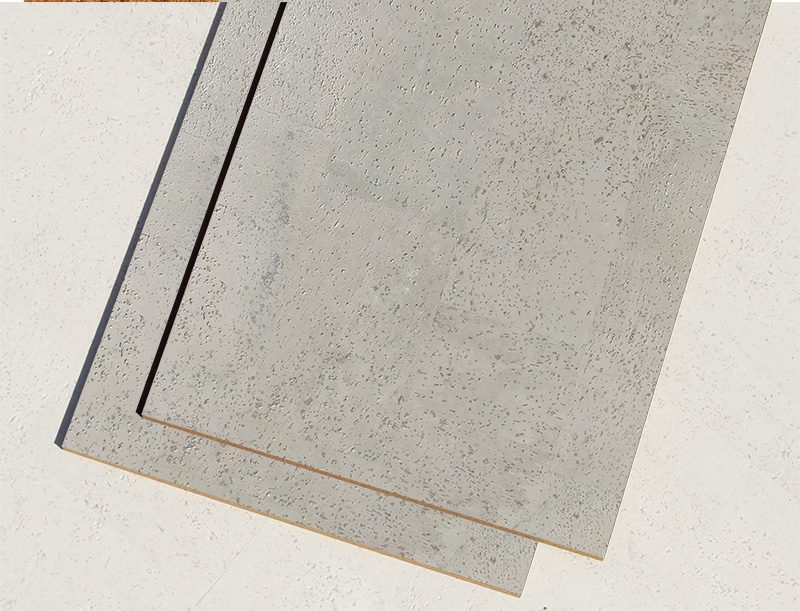What is Cork Flooring?
Cork is harvested from the bark of living oak trees. Cork is environmentally friendly as it is completely natural and replenishable material. To make it into flooring, the cork is ground up, compressed and formed into sheets bonded with resins.
Benefits of Cork
Environmentally Friendly
The raw material for cork flooring comes from the bark of cork trees, which regrow their bark after it has been harvested. This is much more environmentally efficient than taking the entire tree down, as is the case with the acquirement of raw material for real hardwood flooring.
Natural Acoustic Insulation
The porous and soft nature of cork material makes it the perfect product to reduce noise in any home. Cork is used on walls of musical venues and studios to reduce the transfer of noise and it has the same sound absorption qualities when used for flooring for impact noise.
Thermal Insulation
The natural properties of this material make it a low conductor of heat, which is perfect for rooms that you want to keep toasty warm in the winter and cool in the summers.
Fire Resistant
Cork flooring is naturally fire resistant. It does not burn very easily like some of the other types of flooring on the market. Cork flooring is made from the bark of the tree and this is what protects the tree in a forest fire allowing it to survive such events.
No VOCs (Volatile Organic Compounds)
Forna cork flooring has no detectable VOC off gassing of its flooring making it one of the healthiest flooring products on the market today.
Polyurethane sealers are known for the toxic off gassing they can produce in a home however when it comes to the Loba 2K Supra AT polyurethane once the product has cured there is no further off gassing. We recommend this Loba for this reason among many other incredible qualities that work well with cork flooring.
Glue Down Floors
Glue down cork tiles are secured in place with an adhesive. Glue down cork tiles can be used over any subfloors (wood or concrete) which are dry, clean and free of dirt, grease, wax or anything that would hinder a good bond and where cracks have been filled. Glue down cork tiles requires more time to install, due to the use of adhesive and requires a smooth sub-floor or inconsistencies will be visible. You can use Water Based Contact Cement as glue to install cork tiles.
The down side of glue down tiles is:
- Installation requires more time
- A professional installer to install cork glue-down tile may be required
- Not recommended for basement due to dampness
People choose glue down tiles because:
- Height difference between new floor and adjacent flooring requires thin flooring.
- Can be installed in bathrooms or other wet areas
- Less expansion and contraction then floating floors
Floating Floors
Floating floors are made to click and lock together for a quick and easy no-mess installation. It can be installed any subfloor but carpet. Typically the shape of the subfloor is usually the deciding factor between a floating floor and glue down cork tiles. If the subfloor is in poor condition with many cracks, old vinyl tiles or sheet vinyl, grimy or dirty, the use of floating floors would be recommended. The use of a floating floor over poor subfloors avoids the need to prepare costly subfloors as long as the floor is reasonably level. Also, if there is any risk of moisture migration from a concrete slab than a floating floor properly installed with a moisture barrier is also recommended.
People choose a floating floor because:
- Ease of installation
- Used for a basement room over a concrete slab due to dampness
- Has radiant heat and adhesive used for glue down tiles isn’t recommended.
- Floating floors can be installed over laminates.
- Can be installed in wet areas such as kitchens but requires additional polyurethane
Still have more questions?
Browse through our FAQs and Cork Articles or contact us and we would be happy to answer any questions you may have.
Read FAQs Browse Articles

